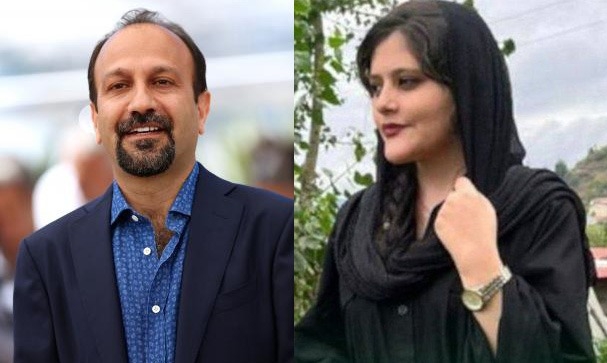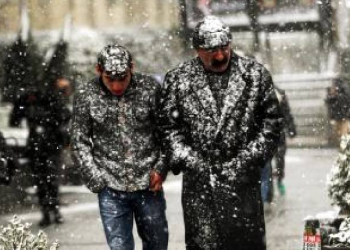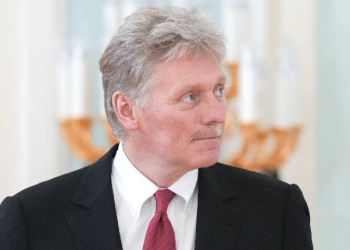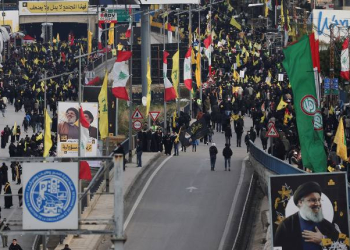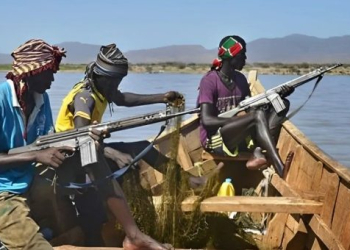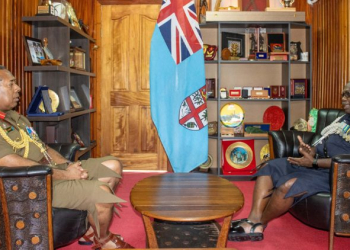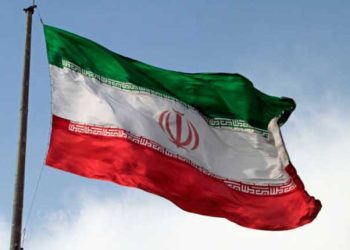Berlin: As protests continue to erupt in Iran and around the world because of the death of Mahsa Amini — the 22-year-old Iranian woman who died last week while being held in custody by the morality police for allegedly wearing a loose headscarf — the country’s film community is intensely engaged and keenly aware that their voices are now even more at risk of being quashed, reports ‘Variety’.
Two-time Oscar-winning Iranian director Asghar Farhadi, who is presiding over the Zurich Film Festival jury, has issued a statement and a video appeal urging artistes around the world to proclaim their solidarity with the Iranian people who are protesting against the death of Amini.
In an unprecedented wave of street protests in Iran, women have torn off their hijabs, twirled them in the air and thrown them into bonfires, online videos show.
“I saw them closely these nights,” Farhadi said in his appeal quoted by ‘Variety’. “Most of them are very young — 17 years old, 20 years old. I saw outrage and hope in their faces and in the way they marched in the streets,” he noted, and added: “I invite all artistes, filmmakers, intellectuals, civil rights activists from all over the world and all countries, and everyone who believes in human dignity and freedom, to stand in solidarity with the powerful and brave women and men of Iran by making videos, in writing or any other way.”
Iranian actor and film director Pegah Ahangarani, who on Friday in Berlin attended one of many demonstrations around the world prompted by Amini’s death, pointed out that “after years of oppression Iranian women are now saying ‘enough is enough’ and showing unprecedented courage.”
But Iran’s filmmakers are also aware that this last development, which was prompted by the hard-line Iranian government’s ongoing crackdown, can worsen the tough conditions in which they already operate.
Orwa Nyrabia, chair of the Berlin-based International Coalition for Filmmakers at Risk (ICFR), who is in close contact with detained Iranian film directors Jafar Panahi and Mohammad Rasoulof, said “the polarisation in Iran is reaching new heights. This will mean a more aggressive regime, and this will put political filmmaking at a very high risk.”
(IANS)



